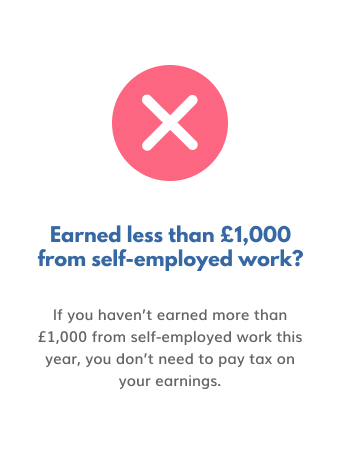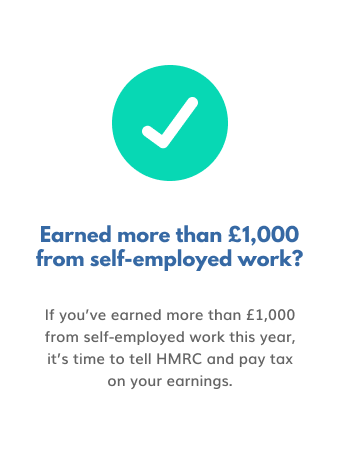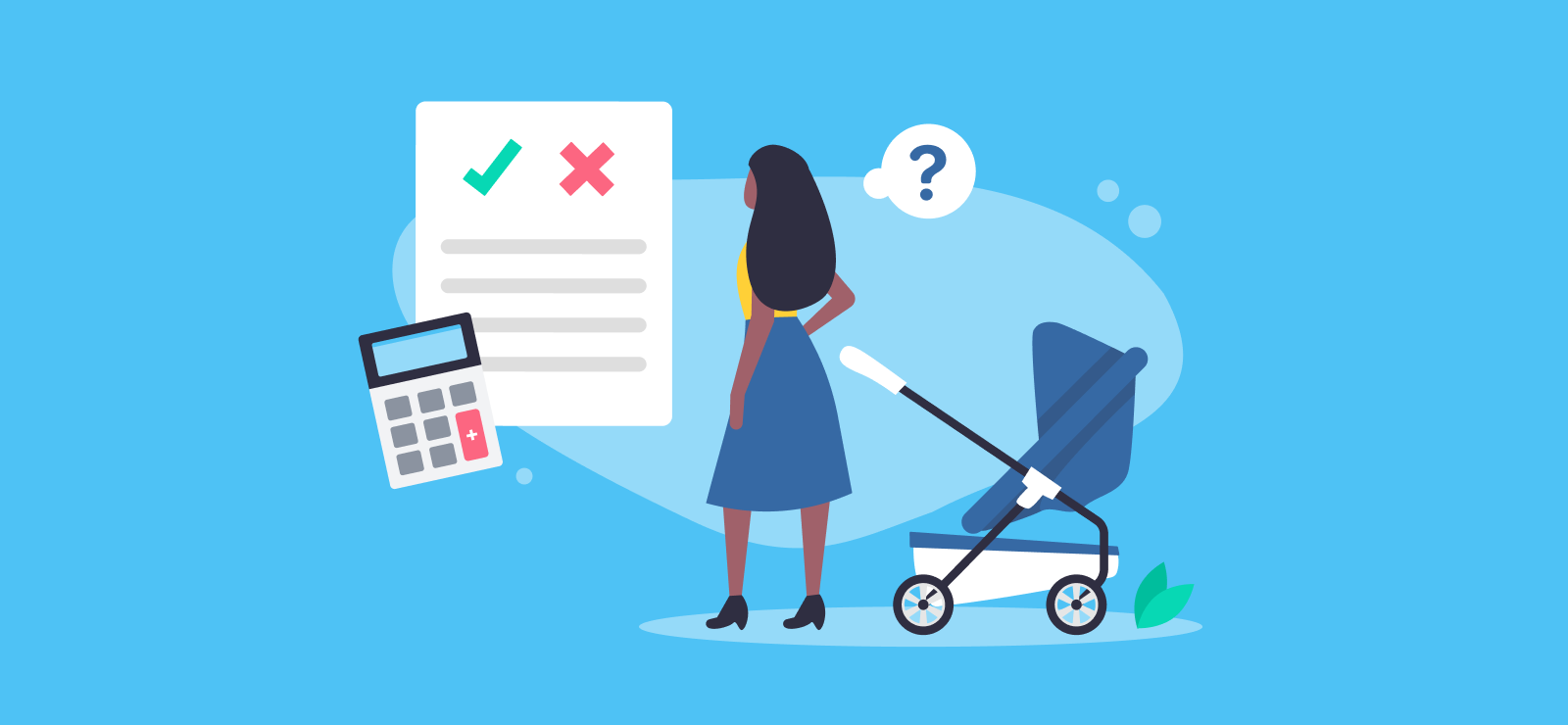

How Do I Start an Ecommerce Business Online?
Starting an ecommerce business can often make perfect sense: no expensive premises to pay rent and maintenance on, no large overheads, and the flexibility to sell to people all over the world at any time of day or night. But, getting started online can be daunting with plenty of practical and financial considerations to tackle. In this article we’ll share our top tips for making a success of your ecommerce business, and what this might mean for your tax bill.
What is ecommerce?
Ecommerce (the ‘e’ stands for electronic) refers to the practice of buying and selling goods and services online in exchange for money. It covers everything from running your own website, to selling on Amazon, and all sorts of business models in between.
How do I start an online business?
Pretty much anyone can start a business online with very few technical skills needed. Online entrepreneurs are popping up everywhere, with new ideas and dynamic ways of selling their services or products, or even dropshipping someone else’s.
Sadly, throwing together a website, setting up a few social media pages, and creating a smart logo, isn’t going to make you a millionaire (although you might be able to launch it as a hobby side-business). So, what should you do to start an online business?
Be clear on your objectives
What is it you want your online business to do? In other words, are you simply selling products for a profit, or are you looking to raise awareness of something? Some platforms, such as TikTok Shop, can help you do both at the same time from a single app.
Plan your resources
You may not make money straight from day one. Building your customer base and turning a profit can take months – even years. With this in mind, make sure you can manage financially in the meantime, either via alternative employment, savings, loans, investment, grants, or other income.
Know where you’ll store any stock
If you’re offering a service, such as copywriting, you probably won’t have any specific stock to worry about. But if you’re offering a practical trade or selling goods online, you’ll need to consider how you’ll source and store tools, materials, and stock. That said, even service-based e-commerce businesses need somewhere to operate from!
Decide which online sales platform will work best
Even if you’ll be selling entirely online, you don’t necessarily need a website of your own. Online marketplaces (like Amazon and Etsy) allow you to set up your own shop on their platform, and use their payment processing systems to manage your sales.
Bear in mind that some platforms are better suited to certain types of products than others. For instance, Etsy is great for handmade goods, whilst People Per Hour is better for freelancers providing short projects.
There are lots of advantages, including better security, and a simpler route to potential customers who search the platform for products or services likes yours. Just be aware that most digital platforms must report your income to HMRC, so make sure you know the tax rules – and follow them!
Building an online business with credibility
Your online business starts the moment you begin building your website or online store, not when it goes live. Before you start, research who your competitors are and what is working for them. You could even trial what the buying experience is like from their website or shop, and see how you can improve it.
Whether you’re selling products through a website, or providing a digital service, it has a better chance of success if it looks trustworthy and well designed. As consumers and service-users we’re primed to trust providers which look more presentable. You can improve your online reputation by:
- Making sure your website has a security certificate (such as SSL) so that visitors don’t see security warnings
- Offer different payment methods/ways to sign-up/book you. This lets customers use the method they feel most comfortable with.
- Inviting customers to leave reviews across a variety of review sites so other potential customers can research you, see what you’re good (or bad!) at, and how you deal with issues
- Provide different contact methods – again, so that customers can choose the one they feel most comfortable with. It also reassures buyers that they can contact you if something goes wrong.
Whilst opening a physical shop on the high street gives you natural visibility from passing traffic, the same isn’t true about launching a website. To help things along you might use online adverts through a search engine or on social media, or position yourself as a result for relevant searches (known as SEO).
What practical and tax considerations are there when setting up a business online?
When you’re planning your ecommerce strategy, you’ll need to plan for things like order fulfilment, postage and packaging, marketing, and tax.
How will you market your product or service?
Having a really clear and logical marketing strategy that both you and your customers understand is what makes the difference between putting up an online shop, and it actually making any sales. Think about who you’re selling to, and what is most likely to attract their attention. IT’S NOT ALWAYS ABOUT BEING THE LOUDEST VOICE.
What your payment and delivery options will be
What steps will your customers take in placing an order with you? You also need to determine how you’ll work out your delivery costs and whether you’ll pass these on to customers or not. If you’re selling to customers abroad, make sure you’re clear on any customs and excise duties too. Your pricing strategy is a key part of this, so again, do lots of research.
What tax you’ll need to pay
Once you’re selling products or services online, and making more than the £1,000 Trading Allowance from it, you’ll need to inform HMRC and pay any tax due.
HMRC considers most types of online selling as a trade. So, if you’re doing any of the following, you’re highly like to need to pay tax:
- Making a profit (rather than simply selling to raise emergency funding or selling for fun)
- Modifying products to generate a higher profit
- Selling items for similar prices that other retailers are selling them for
- Carrying out lots of similar transactions across a short period of time
This isn’t an exhaustive list but as a general rule of thumb, make sure you seek professional accountancy advice if you’re not sure.


How much tax will I have to pay as an online business?
This depends on several things, including how much money you’re making and whether you’ve exceeded your personal tax allowance for the year.
You might also be able to reduce the amount of tax you pay by claiming your business-related expenses on your tax return. These vary from one business to the next, but they’re normally allowable as long as they’re “wholly and exclusively” for the business, such as postage and packaging, internet hosting for your website, or transaction fees charged by the payment handler or platform.
Thinking of setting up an online business? We’re an online service, too! Learn more about our online accountancy services for businesses. Call 020 3355 4047, or get an instant online quote.
Want to learn more?
Subscribe to our newsletter to get accounting tips like this right to your inbox

Read more posts...

The Accountancy Partnership – Our Positive Reviews
16th February 2026We’re proud of our customers’ reviews here at The Accountancy Partnership The reviews we receive from our customers show how hard we…
Read More
Maternity Pay for Self-Employed People
15th February 2026As a self-employed person you might be eligible to get Maternity Allowance payments for up to 39 weeks. It’s different to Statutory…
Read More
National Insurance for the Self-Employed
14th February 2026If you work for your own self-employed business, then you may need to pay National Insurance on the profits that you earn….
Read MoreConfirm Transactions
The number of monthly transactions you have entered based on your turnover seem high. A transaction is one bookkeeping entry such as a sale, purchase, payment or receipt. Are you sure this is correct?
Please contact our sales team if you’re unsure
VAT Returns
It is unlikely you will need this service, unless you are voluntarily registered for VAT.
Are you sure this is correct?
Call us on 020 3355 4047 if you’re not sure.
MTD IT Quarterly Updates
Your final, end of year MTD Income Tax submission is included in your fee, without this add-on service.
We would recommend you submit the quarterly updates yourself using Pandle or alternative bookkeeping software.
However, if you would prefer us to submit these quarterly updates for you, there is an additional fee of £35.00 per month.
Call us on 020 3355 4047 if you’re not sure.
Bookkeeping
You will receive our bookkeeping software Pandle for free, as part of your package.
You can use this to complete your own bookkeeping, or we can provide a quote to complete your bookkeeping for you.
Please select and option below:
Call us on 020 3355 4047 if you’re not sure.

